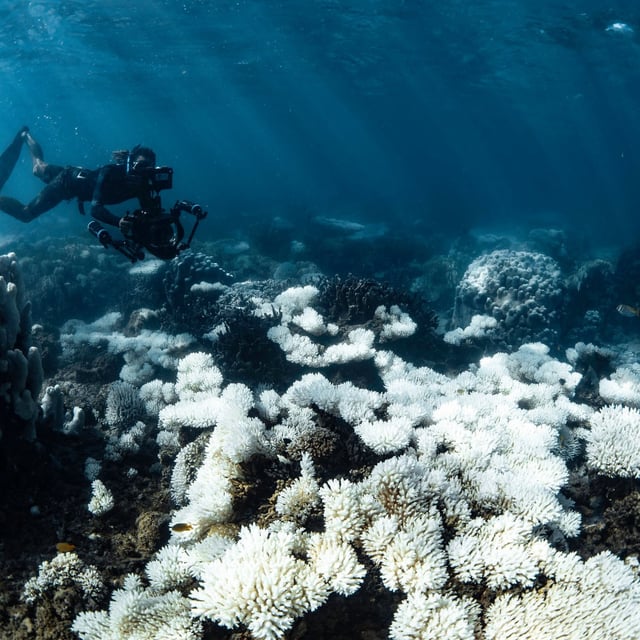Overview
- The assessment finds seven of nine planetary boundaries exceeded, with all seven showing rising pressure.
- Surface ocean acidity has increased by about 30–40%, reducing calcium carbonate needed by corals, shellfish and other calcifiers.
- Scientists warn of mounting risks to marine food webs, fisheries and the ocean’s capacity to absorb 25–30% of CO2 and most excess heat.
- Polar waters are acidifying fastest, with the Arctic and Southern Ocean flagged as approaching local tipping points for shell‑forming species.
- PIK notes the boundary call reflects worsening conditions plus improved data, while urging rapid emissions cuts and coordinated policy action.



